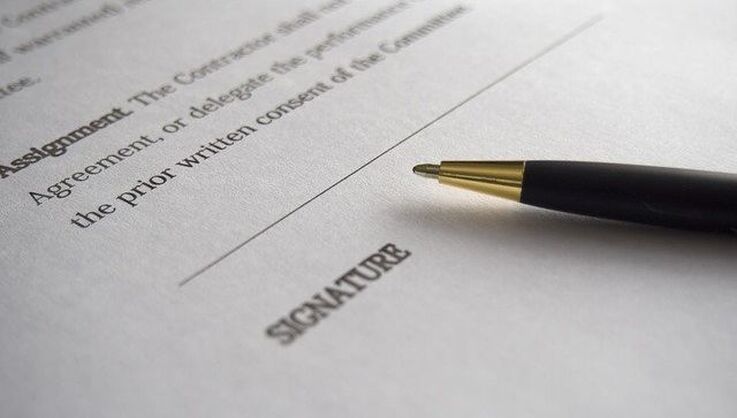|
COVID-19 has created unprecedented challenges for small and medium-sized business owners and managers. While we're still learning what the true economic fallout of this pandemic will be, one thing is clear: companies that want to survive, and even thrive, need to double-down on efforts to manage cash flow. That means finding ways to deal with big-ticket expenses such as rent, contracted services and wholesale orders.
Should you try to negotiate a rent reduction? One of the obvious strategies in light of the pandemic-related restrictions on businesses is to try to negotiate a rent reduction. This provides immediate financial relief, giving you time to reconfigure your business in a way that meets the current economic realities. When deciding whether to seek a rent reduction or rent deferral from your commercial landlord, consider the following: Who owns your building? Is it a private investor, a property developer or a commercial investment firm? Understanding the short and long-term goals of your landlord will help you know whether they're likely to accept a reduced rent or rent deferral arrangement. What has your relationship been like with your landlord? If you're a good tenant with a positive tenant-landlord relationship, chances are good your landlord will want to work with you. On the other hand, if the relationship has been rocky, don't be surprised if your landlord uses COVID as an opportunity to terminate your tenancy. What are your long-term business plans? Even if you're unable to pay your full rent right now, you may be able to negotiate reduced or deferred lease payments with your landlord in exchange for extending your lease. From the perspective of the landlord this may be a better option than loosing you as a tenant, which means they'll have to try to recruit another tenant — that's not something most landlords want to do during a recession. During the recession of the 1980s, commercial property vacancies nationwide skyrocketed from 4.9% to a staggering 18.9%, so there's good reason for your landlord to want to retain their existing tenants. Can you enter into an income-sharing agreement? Rather than thinking of your landlord-tenant relationship as an us-vs-them situation, consider proposing an income-sharing agreement. This arrangement involves paying a percentage of gross revenues rather than a set rental rate, and it's commonly used in the agricultural industry where the landowner crop shares with the tenant farmer. Not only can this type of agreement help you stay in business, but it can also align the goals of all parties involved. What about vendors?Rent or lease payments aren't the only big-ticket expense that many businesses can't afford during COVID-19 — a number of companies are unable to meet their contractual obligations to their vendors. Whether or not you should try to renegotiate vendor contracts depends on a number of factors, including if your contract contains a Force Majeure clause. A Force Majeure is an extraordinary event or set of unforeseen circumstances that prevent one or more parties to a contract from fulfilling their contractual obligations. If the right conditions exist, the contract will be temporary suspended for the duration of the event that triggered the Force Majeure clause, and in some cases, one or more parties may be entitled to compensation. Even if your contracts don't contain a Force Majeure clause, you should be proactive by starting a conversation with your vendors about how COVID-19 has impacted your business. Given the global nature of this crisis, everyone has been impacted, so chances are good your vendors will be open to working out a plan that is viable for everyone involved. Comments are closed.
|
|
Copyright © 2024 West Ventura County Business Alliance. All Rights Reserved.
1901 Solar Drive, Suite 105 | Oxnard, CA 93036 Phone: (805) 738-9100 | [email protected] Site Map |

